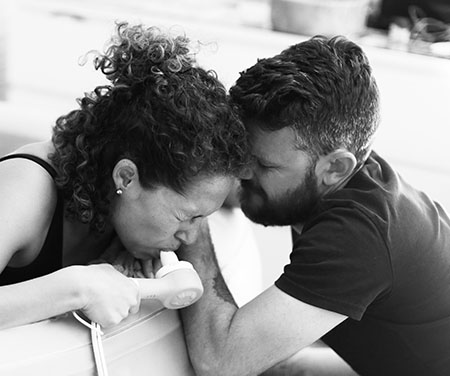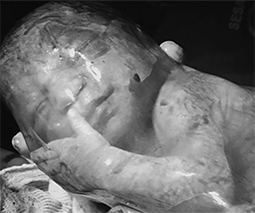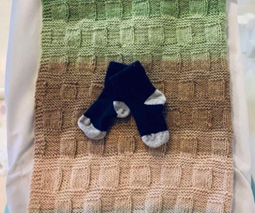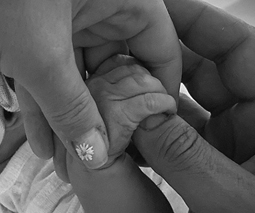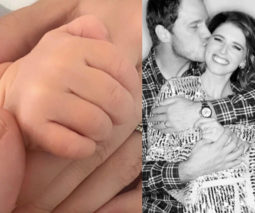Fear of labour and birth: Does the language we use really matter?

It’s common knowledge amongst mothers and mothers-to-be that the choices we make surrounding our pregnancies and births can directly affect our outcomes. This can range from the foods we eat during pregnancy, the positions we labour in, where we give birth, and even who we choose to have with us when we bring our babies Earthside.
But what if I told you that the words we use to describe labour and pain also have a direct impact on how we experience giving birth?
“Fear of pain, fear of failure”
According to Josie Greaves, a midwife from Queensland, Western culture is fearful of birth and death.
“Language around the experience of labour is steeped in fear – fear of pain, fear of uncertainty, fear of failure,” she says.
“To reclaim birth as a transformative, powerful experience for women and their families requires a change of attitude, approach and preparation for birth and motherhood and language plays a huge role in this.
“Yes, labour and birth and parenting are all hard, difficult and challenging, but they are all incredibly important and worth the effort. Language is a powerful tool for changing the way we perceive birth and motherhood.”
Simple swaps
This doesn’t necessarily mean we have to avoid using words like ‘painful’ or ‘contraction’, but Josie believes it is essential to put them into context.
So before you rush to describe a contraction as ‘excruciating’ or ‘awful’, stop and consider how different it feels if you use productive, helpful words like ‘intense’ or ‘powerful’ instead. When we choose words to describe labour and birth that are less frightening and more empowering, the way we experience labour changes.
Additionally, swapping out the word ‘contraction’, which is often associated with pain and negativity, for words like ‘surges’ or ‘waves’ can change the experience of labour and childbirth for women. This is all due to the way our bodies respond to fear and illustrates how important it is to consider our language when describing our experiences.
The role fear plays in labour
According to Josie, our bodies are capable of way more than we think, and the biggest challenge is actually preparing our minds for labour.
“Fear can be a physical threat, an emotional or psychological one. It can be real or perceived. Well, it’s always real, actually – it just comes in different forms,” says Josie.
“A rise in fear increases our adrenaline, and that stops oxytocin from being effective. We need oxytocin to contract.”
Josie believes that fear can be protective, but it can also interrupt the normal process and progress of labour and birth.
“Fear can even protect us from birthing a baby in an environment that we don’t think is safe,” says Josie.
“Unresolved fear can lead to unwanted and unnecessary interventions, birth trauma, postnatal depression and anxiety, disconnection and long-term impacts on the ability to mother and parent.”
Our words matter
Choosing to adopt a different approach to the way we describe what we’re going through can help to shift our mindset. And instead of being fearful of birth, we can embrace and surrender wholly to the journey ahead.
 Need some support to be the best parent you can be? Our Parent School parent coaching experts can help. Click to find out more or book a one-on-one session.
Need some support to be the best parent you can be? Our Parent School parent coaching experts can help. Click to find out more or book a one-on-one session.
